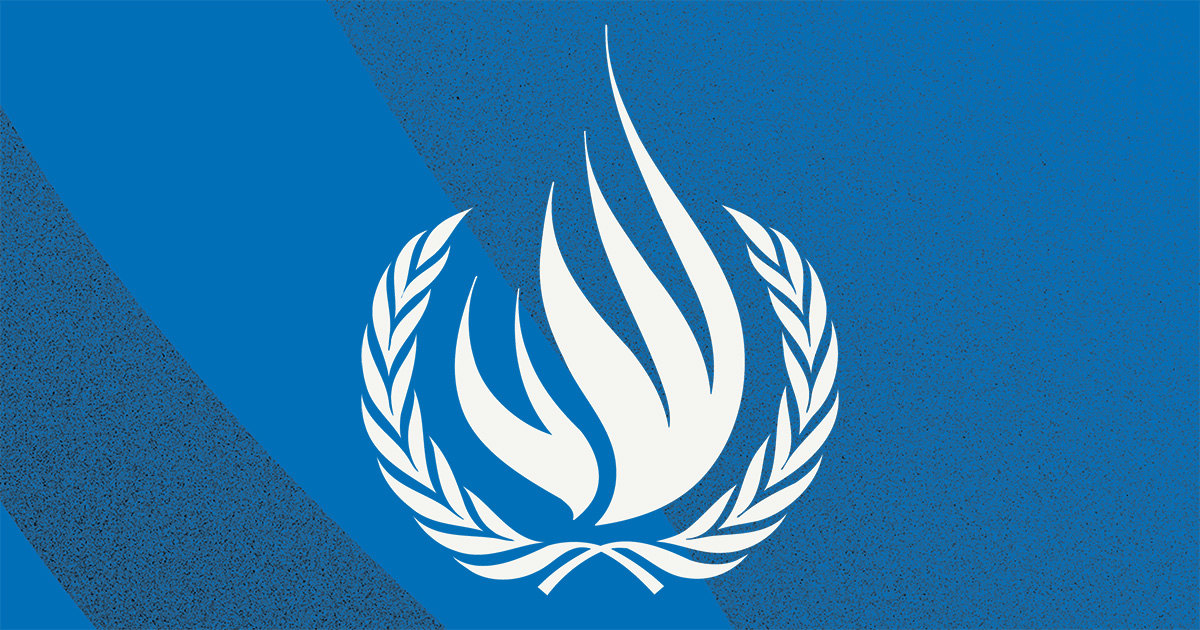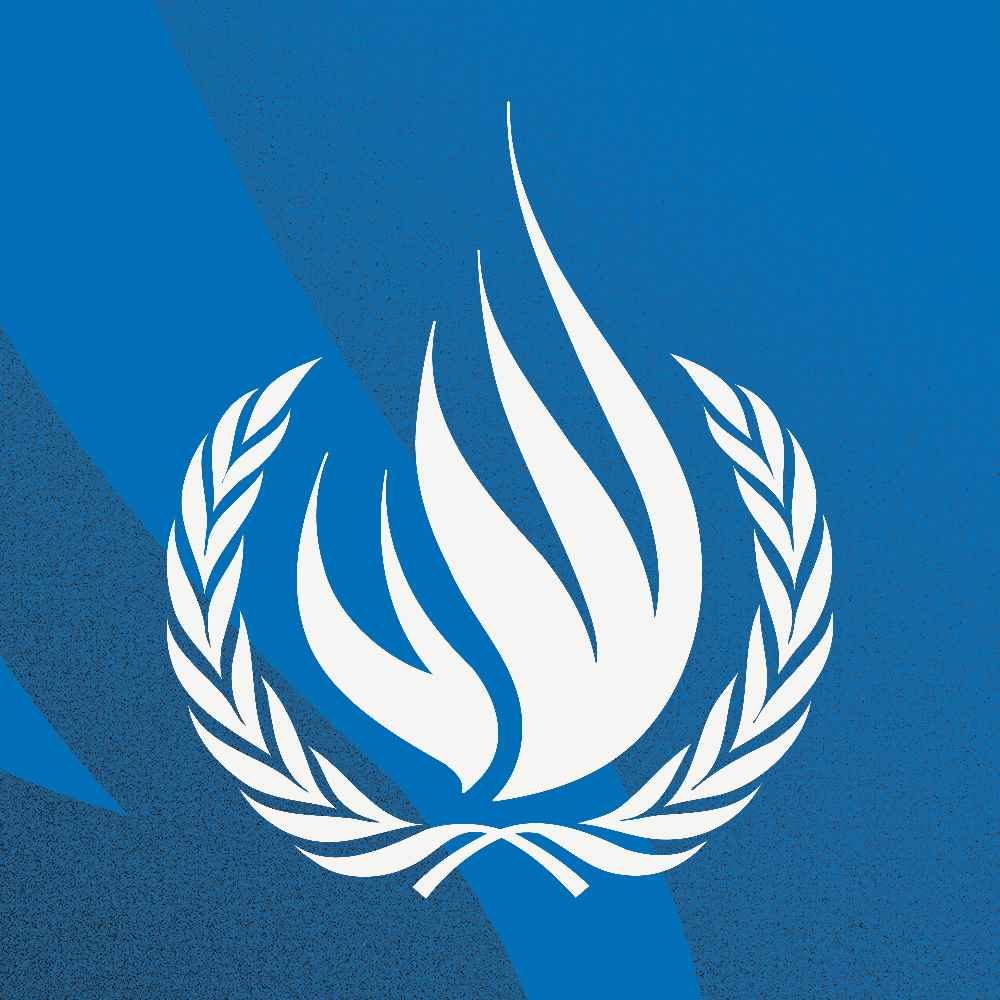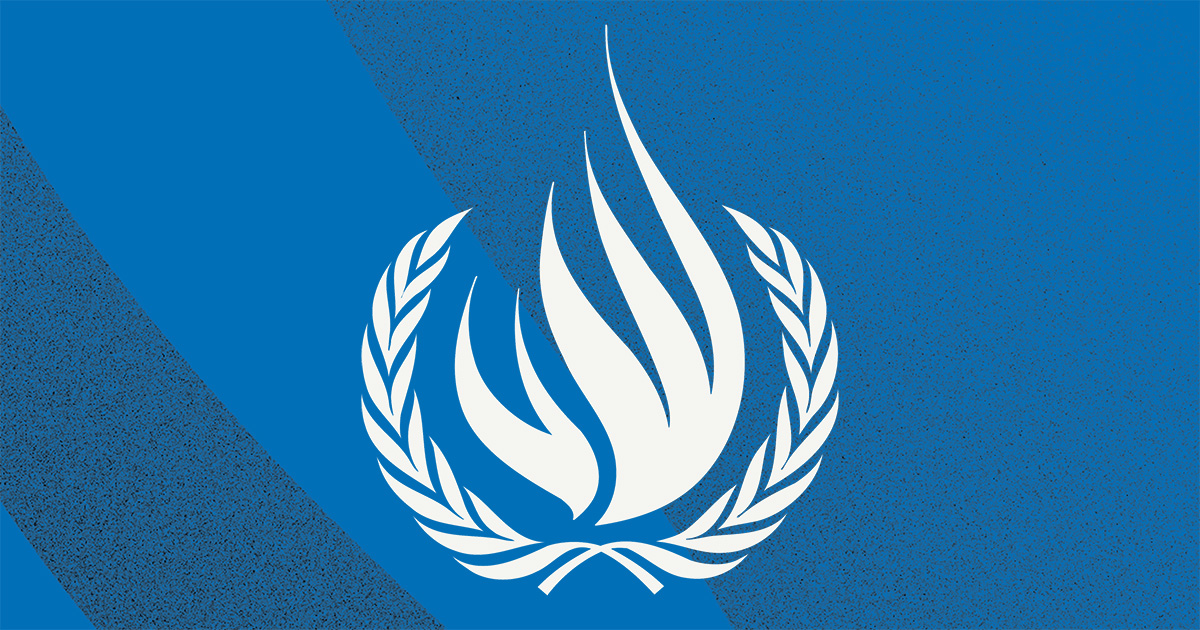
GENEVA (25 April 2024) – Following their latest visit to Honduras, UN human rights experts raised concerns about the militarisation of prisons, deficient living conditions of prisoners, and serious limitations in access to justice.
“We observe, with concern, that conditions in a significant number of places of deprivation of liberty amount to cruel, inhuman, and degrading treatment. We shared our preliminary findings with State authorities, and urged them to take action” said Marco Feoli Villalobos, who led the delegation of the UN Subcommittee on the Prevention of Torture (SPT).
During the third visit to the country, which took place from 14-20 April, the SPT delegation examined 19 detention centres in six departments of Honduras, including men’s and women´s prisons, adolescent centres, police stations, children´s homes, and a psychiatric hospital. Confidential interviews with detainees and officials were conducted without the authorities’ supervision.
The Subcommittee also jointly visited a few detention centres together with the National Preventive Mechanism (NPM) – CONAPREV- the designated torture-prevention body in the country.
The delegation observed the numerous challenges that CONAPREV faces, despite which it continues to operate and is widely known by both people deprived of liberty and the authorities. Its ongoing work in detention centres contributes to oversight and improvement of conditions in places of deprivation of liberty. The SPT called upon Honduras to strengthen this mechanism, both institutionally and financially.
“It is worth highlighting Honduras’ willingness and cooperation with the SPT before and during the visit. We appreciate the access facilitated to the various places of deprivation of liberty during our mission. Although we recognise the authorities’ efforts and awareness of the challenges faced by the country, we respectfully call on the State to promote a process of modernisation of the penitentiary system,” Feoli said.
The SPT will share its report, which includes findings and recommendations, with Honduras in due course. Additionally, the Subcommittee will prepare a separate, confidential report for the NPM.
“We invite the State Party to publish our visit report, which will be sent in the coming months, as well as the previous one in 2012. The SPT considers that these visit reports will benefit all parties involved, directly or indirectly, as they seek solutions for the immediate future,” Feoli added.
During its time in Honduras, the Subcommittee also met with civil society, international organisations, and other relevant actors.
Honduras ratified the Optional Protocol to the Convention against Torture (OPCAT) in 2006; the SPT visited the country first in 2009 and again in 2012.
The SPT delegation was comprised of: Marco Feoli, head of the delegation (Costa Rica), Massimiliano Bagaglini (Italy), Carmen Comas-Mata (Spain), and Maria Luisa Romero (Panama), along with two members of the SPT secretariat and two security officials.
For media inquiries or for more information, please contact:
Virginia Thompson at virginia.thompson@un.org,
Vivian Kwok at vivian.kwok@un.org
Background:
The Subcommittee on Prevention of Torture monitors States parties’ adherence to the Optional Protocol to the Convention against Torture, which to date has been ratified by 93 countries. The Subcommittee is made up of 25 members who are independent human rights experts drawn from around the world, who serve in their personal capacity and not as representatives of States parties. The Subcommittee has a mandate to visit States that have ratified the Optional Protocol to the Convention against Torture, during the course of which it may visit any place where persons may be deprived of their liberty and assist those States in preventing torture and ill-treatment. The Subcommittee communicates its observations and recommendations to States through confidential reports, which it encourages countries to make public.
Learn more with our videos on the Treaty Body system and
the Subcommittee on the Prevention of Torture
Follow the UN Treaty Bodies on social media!
We are on Twitter @UNTreatyBodies






